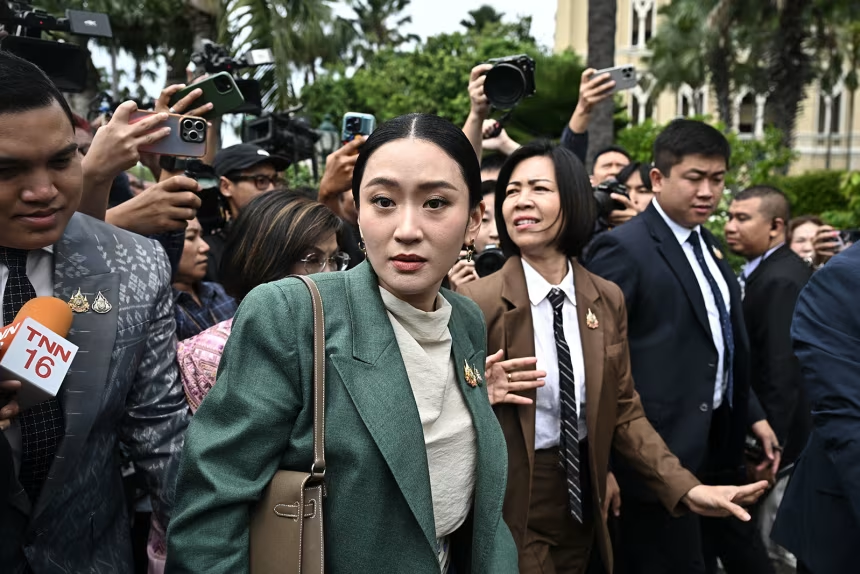Thailand’s political landscape has entered a new chapter marked by dramatic exits and fresh leadership. Former Prime Minister Thaksin Shinawatra, a towering figure in Thai politics for more than two decades, quietly left the country this week aboard a private jet bound for Dubai—just days before a court ruling that could have sent him back to jail.
His sudden departure comes at a time of turmoil for the Shinawatra dynasty. His daughter and former Prime Minister Paetongtarn Shinawatra was recently ousted from office after the Constitutional Court found her guilty of ethics violations. The ruling, tied to a leaked call with Cambodian leader Hun Sen, triggered yet another collapse of a Shinawatra-led government.
In the wake of this political vacuum, Thailand’s parliament wasted no time in selecting a new leader. Anutin Charnvirakul, the veteran politician and leader of the Bhumjaithai Party, secured enough votes to become the country’s next prime minister. Known as a pragmatic dealmaker, Anutin built alliances across party lines—winning support from both his party and sections of the opposition in exchange for promises of reform.
The shift signals the decline of the once-dominant Pheu Thai Party and the Shinawatra family’s grip on Thai politics. Analysts say Anutin’s rise represents a recalibration of power, with emphasis on coalition-building and pragmatic governance rather than populist dominance. Still, his administration faces challenges: a fragile coalition, ongoing economic uncertainty, and public skepticism about judicial overreach in politics.
For many Thais, the events of the past week highlight both the resilience and fragility of their democracy. As Thaksin departs and Anutin steps in, the country braces for yet another test of political stability.



